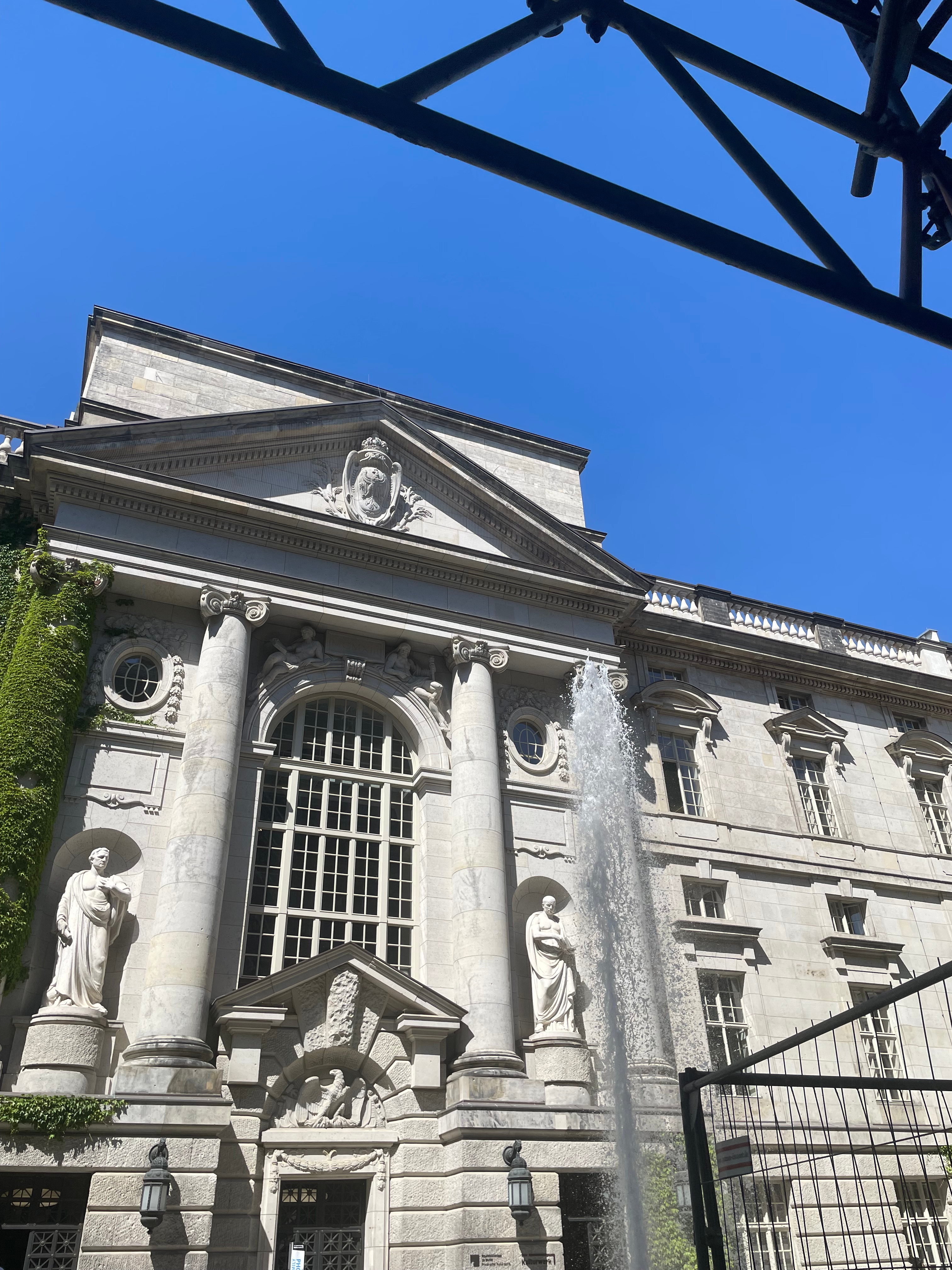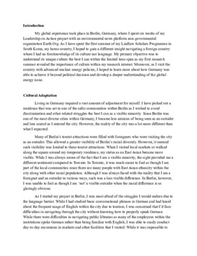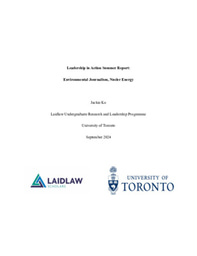Week 1 Log
What went well?
(The progress I made; what was achieved and done)
Earth.Org is an environmental news platform operated as an NGO. The organization allowed a flexibility in which I was able to conduct my own research based on my interest while being a part of the organization’s goal to spread environmental awareness. Amongst environmental issues being discussed around the world, nuclear energy is a highly contested idea even within the academic field. While it is seen as an efficient renewable energy source that would convince many decision makers for its ability to provide a stable and strong energy just like fossil fuels, the construction of nuclear reactors raises concerns over safety and its endurability. However, Earth.Org’s website was starting to discuss this topic in the recent months unlike other topics where multiple authors and volunteers have already discussed in length. Thus, the organization approved of my aims for the LiA – to write articles and a nuclear energy journalism guide for the organization.
My previous Summer research in South Korea had allowed me to understand this issue as not only a global problem or solution, but a subject requiring a cultural and historical understanding beyond a scientific outlook. With these understandings in mind, I decided to settle for another country to study their nuclear energy projects while experiencing their cultures to learn what kind of differences may exist. There were dozens of countries involved in the nuclear energy industry, narrowing the aims. Amongst them, I considered where such research can be done without political struggles, an undergraduate understanding of the subject, and a sense of safety as a visible minority. Germany was thus chosen as the designation to investigate.
Berlin, the capital of Germany, is a major city where I have been told that many of its citizens knew English – lowering the language barrier. This was true in many of the service sectors but not in other areas such as the libraries. As my goal of the first week was to narrow down my topic and conduct primary research for my first article, I spent most of my time in exploring the city to familiarize myself, investigate designations for research, and narrow down the article topics. Although I had already discussed with my editor on what these topics could be, it was more difficult than I expected to structure the article within a limited wordcount but with enough context. Thus, I decided to collect more information on background knowledge for nuclear energy and investigate Germany’s current nuclear energy policies.

What could have been done differently?
(Things that did not get done and/or could be changed)
There were two things that I could have done differently to have experienced less struggle in achieving my goals for the first week. Firstly, learning more German would have greatly helped me to navigate within the city. Although I was able to navigate most public institutions with the help of a translator and English, the research portion revealed how properly learning the language would have aided me to dig deeper into Germany’s policies and cultures. The language barrier also functioned to discourage me from proactively exploring its culture to understand how it may interact with Germany’s policies. As I was unable to study the language more due to academic responsibilities in the previous months, the language barrier was more visible. Spending more time to learn more conversational phrases and words would have helped as even the basic knowledge allowed me to navigate in the libraries.
Moreover, understanding journalism in a journalist perspective would have aided me to start the project more easily. I found difficulty in distancing myself from a researcher, and an undergraduate’s perspective in studying this subject. Although I have read multiple news articles throughout the years and have studied Earth.Org’s articles, it was still difficult for me to finalize my ideas. Studying journalism before the start of the project would have aided me in this first week.
What did I learn about myself when working with others?
(Contributions, behaviours and values I exhibited)
I have preferred solo projects rather than group projects throughout my school years. This project, in fact, was more geared to taking initiative and guiding myself to complete it. As I navigated myself alone in this foreign land with journalistic guides from my program advisor, I realized how I have benefitted from collaboration even when I underestimated its advantages. It required more ambition, discipline, and organization for me to navigate myself in a foreign environment. Despite the first week being the part where I had to take the initiative alone, it taught me the importance of collaboration and teamwork better than any other group projects I’ve done before.
What did I learn about leadership?
(Leadership attributes and insights I developed)
The foreign environment and the lack of specific guidance allowed me a chance to understand both myself and leadership. I learned how to cope with myself during the struggles, moving forward even when I felt lost through planning out how to continue my work. This experience gave me an insight that no previous group projects have taught me. A leader would need to lead themselves with initiative, determination, and flexibility before leading others. I am hoping to gain more creative insight into leadership through this project where group work is absent.
What do I want to develop or focus on next?
(What I still need to develop)
In the coming weeks, I will be spending more time into understanding journalism, researching resources for the nuclear journalism resource guide, and starting my first article. I hope to develop my disciplinary skills despite the mental struggles in this foreign environment and conduct research without fearing the unknown.


Please sign in
If you are a registered user on Laidlaw Scholars Network, please sign in